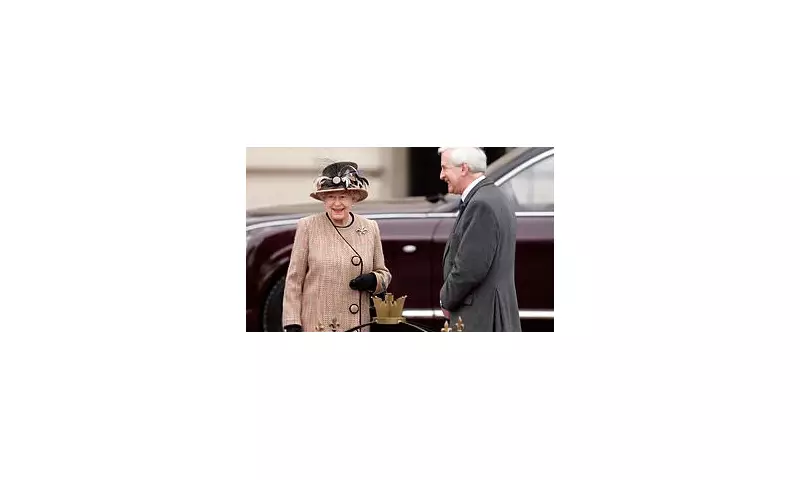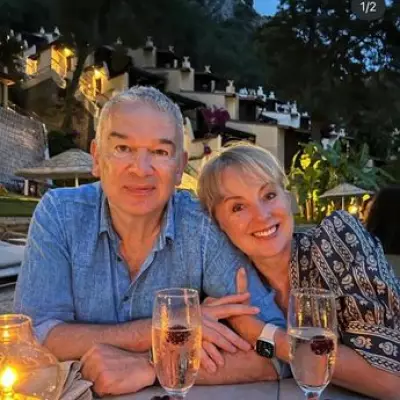
A bombshell new revelation has sent shockwaves through Buckingham Palace, directly challenging its official narrative on diversity and inclusion. According to an explosive account, a senior courtier actively attempted to block a distinguished black writer from authoring a biography of the late Queen Elizabeth II.
The controversy centres on Lady Angella Johnson, an acclaimed journalist and former royal correspondent. It is alleged that a high-ranking Palace official expressed significant reservations about her involvement in the prestigious project, questioning her suitability despite her esteemed credentials.
A Direct Challenge to the Palace's Narrative
This allegation strikes at the heart of the monarchy's recent efforts to present a more modern and inclusive image. It emerges just months after Buckingham Palace publicly reaffirmed its commitment to diversity following the high-profile Lady Susan Hussey incident involving charity founder Ngozi Fulani.
The reported interference suggests that behind the palace walls, deep-seated resistance to change may still persist among certain establishment figures. This creates a stark contrast between the institution's public statements and the alleged private realities.
The Biographer at the Heart of the Storm
Lady Angella Johnson is no ordinary writer. With an impressive career spanning decades at prominent publications like The Observer and The Mail on Sunday, her professional qualifications for such a project are unquestionable. Her perspective as a black woman of Jamaican heritage would have offered a unique and modern viewpoint on the longest-reigning monarch's life and legacy.
The fact that such an accomplished journalist faced alleged barriers due to her race adds a particularly damaging dimension to this developing story.
Reigniting a Painful Chapter
This revelation inevitably draws parallels to the painful incident involving Lady Susan Hussey, the late Queen's lady-in-waiting, who repeatedly questioned Ngozi Fulani about her racial background during a palace reception. While Buckingham Palace moved quickly to address that situation, this new account suggests broader, systemic issues may remain unaddressed within the royal household's upper echelons.
As historians and the public await further developments, this story raises urgent questions about how Britain's most traditional institution is genuinely adapting to the 21st century. The gap between public relations and private practice appears wider than many had hoped.





